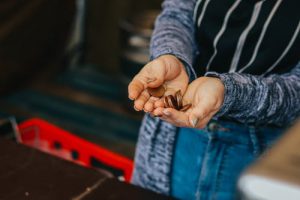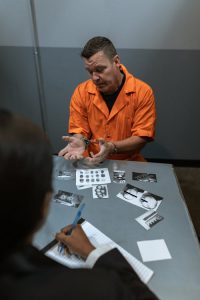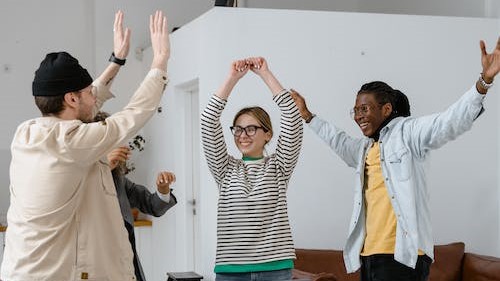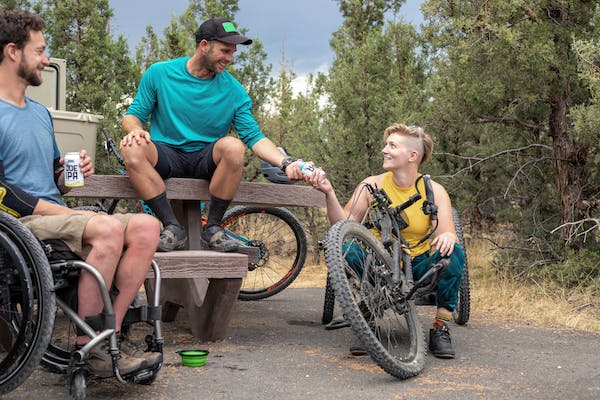
Addiction Awareness Week—Share Understanding, Break Stigma
Addiction is a serious health condition and yet people are blamed for their ill-health and their families are shamed into silence. It is nothing to do with an individual failing, addiction can happen to anyone from any walk of life.
There is believed to be genetic component that leads to a predisposition to addiction. Environmental elements could include trauma and adverse childhood experiences.
Treatment and recovery are possible but stigma and shame prevent people seeking treatment. Raising awareness is vital to ensure people can seek support and help needed as early as possible.
Secrets and shame go hand in hand with addiction along with many hidden effects:

Financial impact
- Loss of productivity/work related losses—difficulty maintaining steady work often due to an inability to perform tasks.
- Crime related costs—individuals resort to crime to fuel their addiction.
- Healthcare expenses—all addiction impacts health. While some countries offer free-at-the-point-of-receipt healthcare, residential rehabilitation often needs to be funded privately or by charity.
Even functional addicts feel the financial impacts as money that could be invested towards a more productive avenue, like retirement, college, or moving to a better place to live goes towards their addiction.
Relationship issues
Addictions, by their nature, tend to erode social and support networks. Individuals unwittingly alienate close friends and family whether they know about the addiction or not. Some individuals can end up colluding with the addiction as an attempt to restore the relationship. Sadly, these broken relationships would be the most important element to aid breaking cycles of addiction.
Sexual health
Alcohol and drugs lead to a lowering of inhibitions. Unprotected sex can lead to unwanted pregnancy, which in turn creates a larger issue. STIs are also a concern.
Legal implications

Simply being in possession of some drugs is illegal however there are many other reasons why individuals may get mixed up in criminal activities. Stealing to fund their addiction or driving while intoxicated are common problems.
Chronic ill health
Addicts often neglect their health, leading to malnutrition or chronic conditions associated with mistreating their body. Alcohol is particularly toxic, impairing the livers ability to function, leading to cirrhosis. Individuals may also be more accident prone while under the influence of drugs or alcohol.
By changing the way we think about addiction, considering it a medical problem rather than one of law and order, we may have a better chance at supporting people to live healthier more fulfilling lives.
The Portuguese Experiment
In 2001 Portugal introduced a new initiative not to arrest, try or imprison people with personal supplies of recreational drugs. It is well known criminalising drug users doesn’t work, the revolving door of the prisons keeps individuals stuck. Portugal’s radical decriminalisation of all drug use looks to treat drug users with compassion, ensuring new connections are made enables individuals to reintegrate into society. In the first 5 years of the new policies being introduced:
- The number of people seeking treatment for substance abuse more than doubled
- HIV infections and fatalities caused by heroin and other drugs declined by more than 50 percent
- Heroin use (the drug causing the most problems) fell by 2.5 percent to 1.8 percent among those 16-18 years old
Glenn Greenwald, from the Cato Institute, conducted research into The Portuguese Experiment and declared it an “unquestionable success”. He drew clear distinctions between Portugal’s success and the efforts made by the United States and other major countries to solve the drug problem. He specifically mentions the decades-long “War on Drugs” as one of many “criminalization approaches” that are “abject failures,” because they exacerbate problems instead of properly addressing them.
If you’re interested in learning more about addiction through different media I recommend the following:
- Bryony Gordon broadcast a week of interviews from Oct 16 available on Spotify
- Don’t Let Addiction Steal Their Dream film available on Action on Addition
- Johann Hari talks about being addicted any anything from smart phones to cocaine and some surprising, hopeful ways of thinking about an age-old problem in this TED talk




